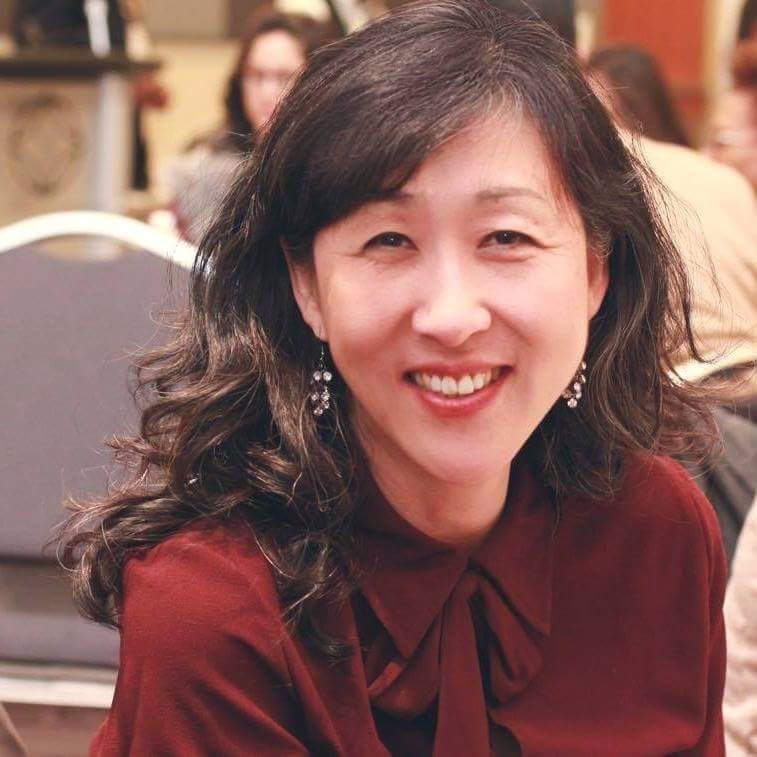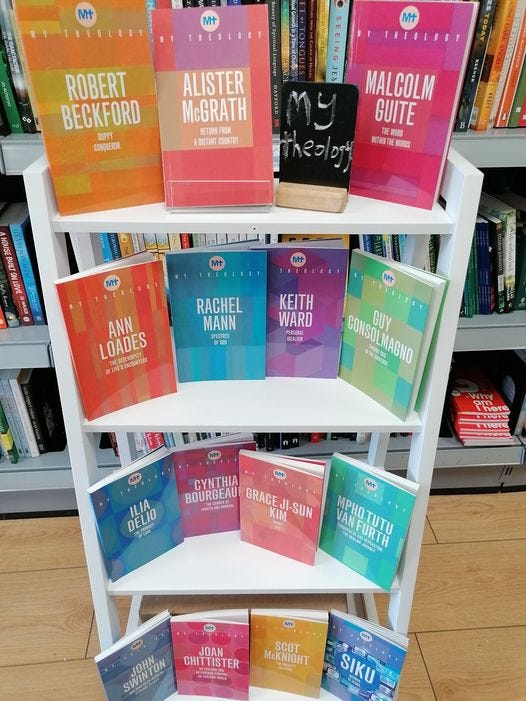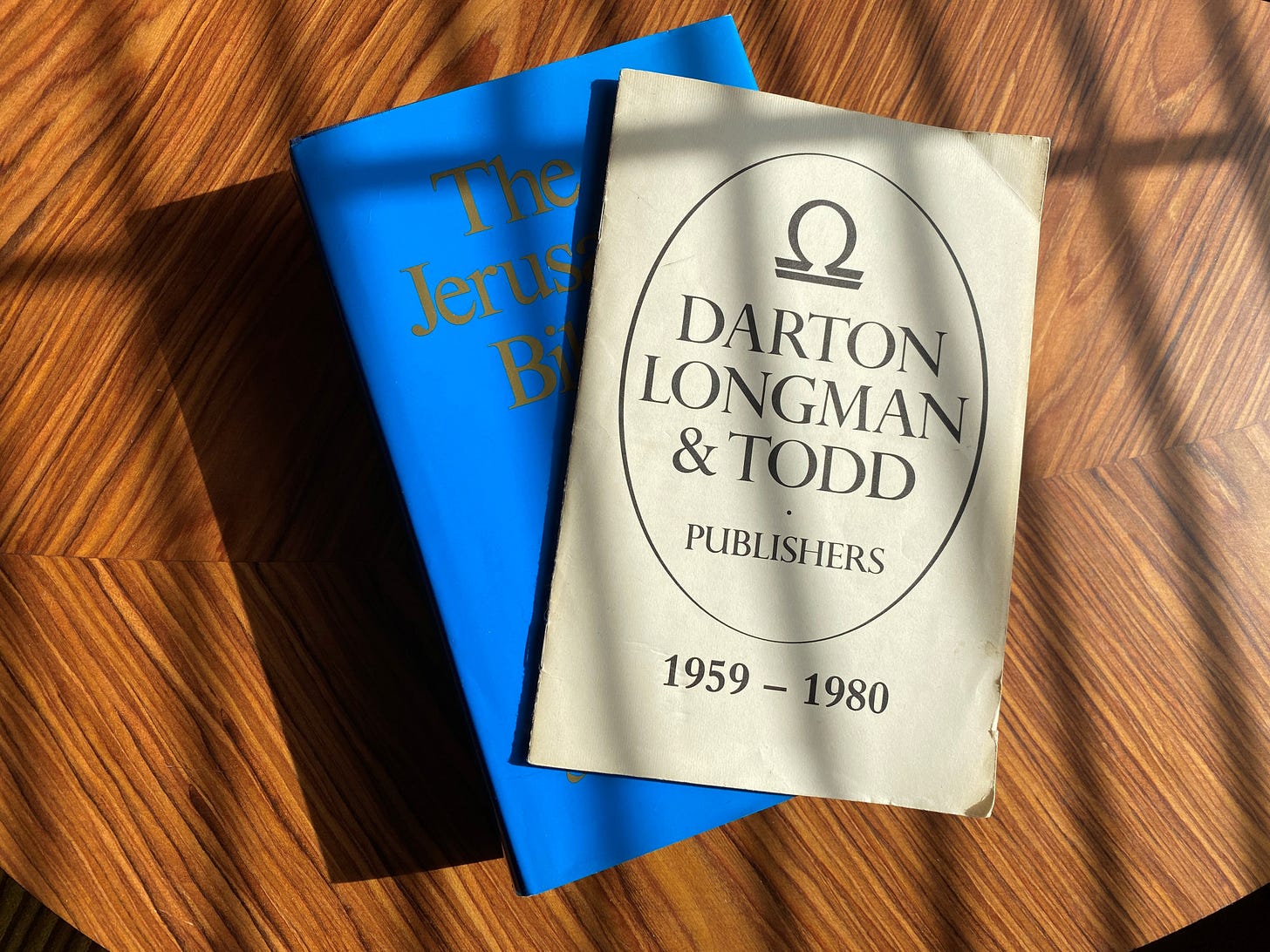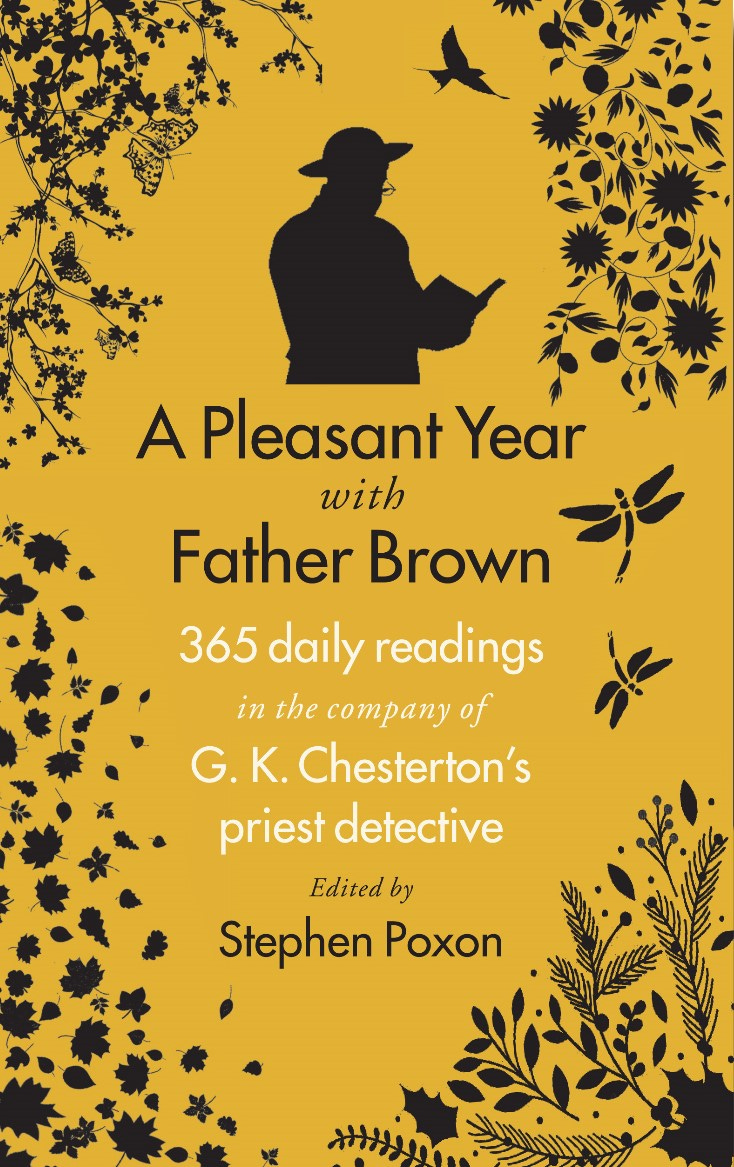As people of faith how long will we stay silent?
The world has become numb to the killing of innocent victims in Gaza, says Grace Ji-Sun Kim. But we cannot call ourselves followers of Jesus and turn our backs.
DLT Writing for You: an Intelligent, Inspirational, Inclusive newsletter from Darton, Longman and Todd
Contents
As people of faith how long will we stay silent?
Grace Ji-Sun Kim

The world has become numb to the killing of innocent victims in Gaza, says Grace Ji-Sun Kim. But we cannot call ourselves followers of Jesus and turn our backs.
Nowhere is safe in Gaza.
I never imagined I would live in a time where the death of innocent people would become just another headline that doesn’t stir any outrage. The world is becoming numb to the killing of innocent civilians in Gaza. The images are being shared in real time, and so many in the West are ignoring them.
On June 30, an Israeli airstrike targeted Al-Baqa Cafeteria, a popular café in western Gaza. It was a gathering place for journalists, activists and locals to visit and access the internet. In an instant, thirty innocent Palestinian civilians were killed and dozens more were wounded.
The death toll in Gaza since 7 October 2023 has now risen to more than 56,000. That’s more than just a number; it’s an entire generation lost.
Mothers, fathers, children, artists, teachers, students, doctors and infants have been taken by airstrikes. What will it take for the world to wake up and stop the airstrikes on innocent Palestinian civilians?
Ceasefire negotiations have been ongoing since January, yet they remain stuck. Humanitarian aid has been blocked, and although some restrictions have eased due to pressure from allies, the suffering continues. Starvation, displacement and grief are daily realities for Palestinians in Gaza.
As people of faith, we must ask, how long will we stay silent?
This past Sunday’s lectionary readings reminded us of Elijah, the courageous prophet who spoke truth to power, confronting injustice and calling out corrupt rulers. He spoke fearlessly about God’s message and against the kings and rulers of Israel who strayed from God.
We need Elijahs today. We need prophetic voices willing to name what is happening for what it is: a humanitarian and moral crisis. We cannot call ourselves followers of Jesus and turn our backs on Gaza.
Gaza is holy ground. It is sacred to Judaism, Christianity and Islam.
And yet, it is being bombed, suffocated, destroyed, decimated and poisoned. It will be erased from the map and taken away from Palestinians if we do not act.
How can these atrocities be allowed in a world that claims to value human rights, dignity and peace?
Jesus was clear in his Sermon on the Mount about calling us to become peacemakers: ‘Blessed are the peacemakers, for they will be called children of God’ (Matthew 5:9).
That blessing is not for those who watch from the sidelines. It is for those who roll up their sleeves, raise their voices and pursue peace.
So, what can we do to push for a ceasefire?
Speak out: We must use our voices and platforms. Silence only benefits the oppressor.
Pray boldly: Not for comfort, but for courage to act and to speak.
Educate ourselves: Learn the history of Gaza, the ongoing occupation, settler colonialism and the human rights violations against its people.
Support aid efforts: Many trusted organizations are trying to provide food, water and medical care.
Demand action: Write to our representatives, join protests and call for a permanent cease-fire and lasting peace.
We must not let our hearts become numb to human atrocities. We cannot let our faith become a cushion for comfort and complacency. It must become a fire for justice.
We must become the peacemakers that Jesus called us to be – prophets who speak out against rulers who are allowing this killing to happen.
May we have the courage to be vessels of that peace, even when it costs us something.
This article was originally published on the Good Faith Media website on 2 July, and by Grace Ji-Sun Kim on her Loving Life Substack – which is well worth a follow and subscribe for more excellent regular thoughts and insights on faith and culture. Grace is a much sought-after lecturer, writer and broadcaster, and her experience as an Asian American theologian often brings refreshing new perspectives to Western Christian discourse on contemporary and social issues.
Her book Spirit Life, published as part of DLT’s My Theology series describes the importance of understanding marginalised experience, and explains how the Asian concept of Chi is similar to the Christian notion of the Holy Spirit – a liberating way of recognising the presence of God within the world and within us.
You can by a copy on the DLT Writing for You website. Why not choose 3 books for the price of 2? Perhaps pick up a couple of other titles in the excellent My Theology series at the same time. Every purchase made through this website will generate a royalty for the author and for the Inclusive Church network.
Questions are the Answer
David Hayward
Find many more of David Hayward’s cartoons in Questions are the Answer: nakedpastor and the Search for Understanding.
News from the Inclusive Church network
Inclusive Voices Matter – at Every Church Table
Revd Chantal Noppen
Inclusive Church exists to support and amplify voices that are too often marginalised in church life; whether that’s disabled people, LGBTQIA+ Christians, working-class communities, women, people of colour, or all of the above and more. That means not just changing hearts, but widening doors, and sometimes even changing the rooms where decisions are made.
In the Church of England, the next General Synod elections are just over a year away. While Synod focuses on internal governance, its decisions often ripple out far wider due to the CofE’s status as the State Church. Since 2015, Inclusive Church has supported candidates who bring courage, compassion, and challenge to Synod raising vital issues around race, disability, gender, sexuality, and class.
But representation matters across every denomination. I was recently invited to attend the United Reformed Church’s General Assembly – officially as a Synod member, but I also of course bring my perspective as Inclusive Church’s National Coordinator. I was struck again by how many of the challenges we face are shared: ministerial formation, funding, accessibility, inclusion, and how we hold authority.
The URC’s culture felt refreshingly grounded in grace, humour, and genuine interest in one another. I was especially moved by contributions from youth reps and ecumenical guests, including Dr Francesca Nuzzolese and Geza from Ukraine. Their voices, and the themes of radical compassion and spiritual transformation, echoed through Assembly.
Whether it’s Synod, Assembly, Conference or Council, we need inclusive voices wherever the Church shapes its future. Silence isn’t an option when people’s lives are in the balance.
Because inclusion isn’t just a pastoral nicety or policy it’s a prophetic witness.
You can follow find out more about the GS campaign here https://www.inclusive-church.org/general-synod/ or head to The Inclusive Synod Election Campaign - JustGiving to donate financially towards the campaign.
Rev'd Chantal Noppen, National Coordinator of Inclusive Church

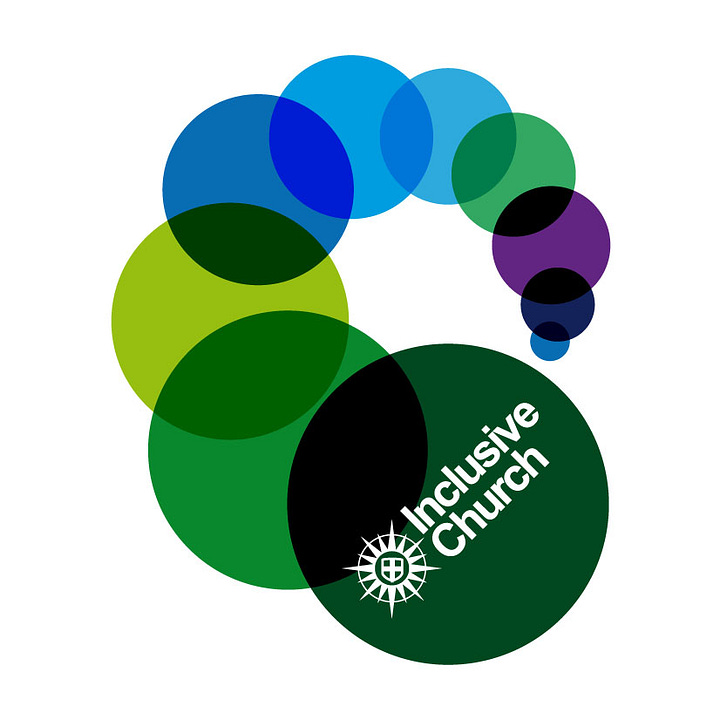
DLT publishes the Inclusive Church Resources – ideal handbooks for churches seeking to be welcoming and open to all. Each book offers a rich and inspiring mix of theological and practical resources, and personal experiences of people who have faced exclusion in church contexts.
Currently there are four books available in the series, on Disability, Ethnicity, Gender and Poverty. Follow the links to see more, and please remember – every purchase made through the DLT Writing for You website will generate an additional royalty for the Inclusive Church network.

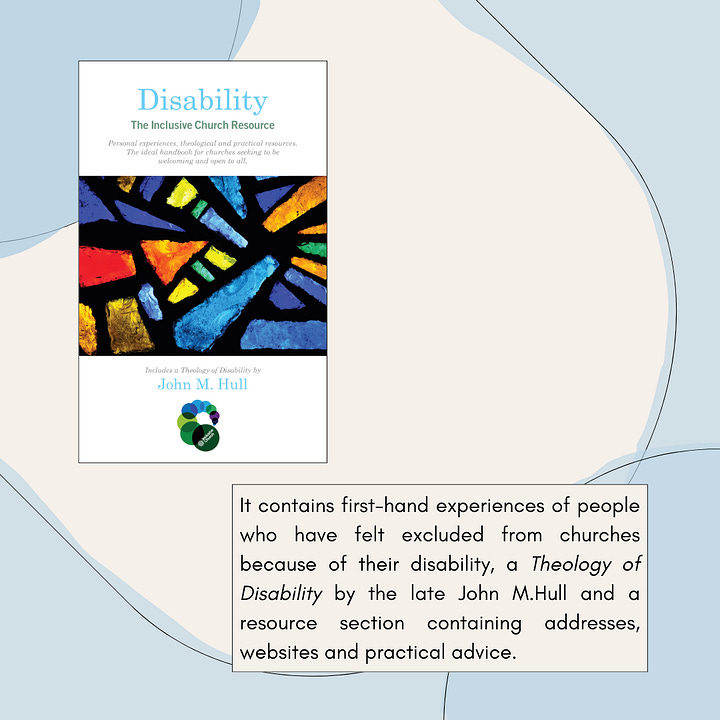
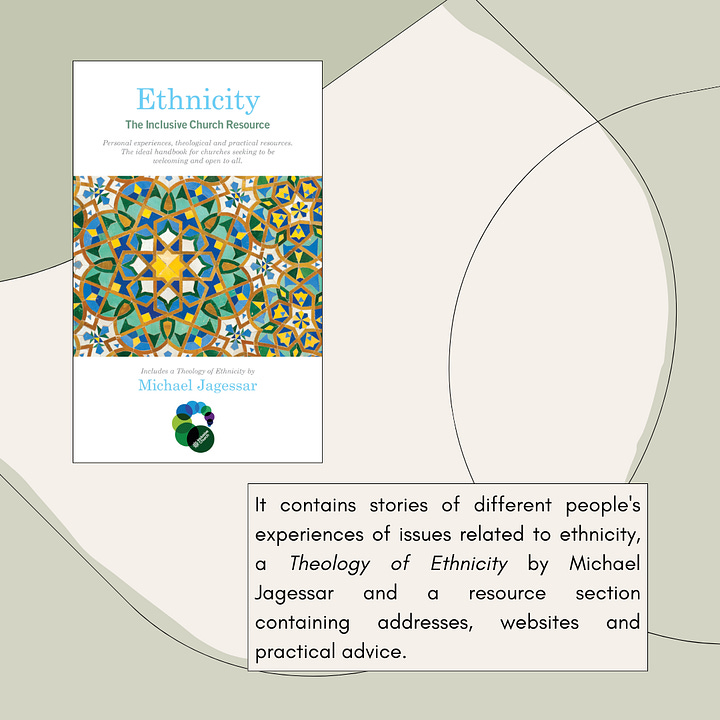

News from DLT
New book announcement: Borrowed Stories by Ewan Bowlby
Following our preview a couple of weeks ago of Ewan Bowlby’s remarkable book Borrowed Stories: Facing cancer with culture from Breaking Bad to The Divine Comedy, we are absolutely delighted to announce that it has just arrived in stock and is now available for order. As explained previously, accompanied by a stirring tribute by Peter Selby, Borrowed Stories is a book of two parts: the first Ewan’s personal account of his twenty-seven years of life, the final decade of which followed diagnosis of a brain tumour which did not prevent him researching and completing a doctorate in Theology and the Arts, drawing on his own and others’ experiences to study ways that fictional narratives in literature, film and TV can provide emotional and spiritual care for cancer patients; and the second part his brilliant thesis adapted for a broad readership.
Please buy this book, and recommend it as widely as possible. It’s a moving read and extremely rewarding. Ewan researched it and wrote it with people with cancer, and those close to and caring for them, in mind – but I think its application goes beyond that important readership. It’s about how we find our story, make sense of our life, using the creative resources of the world around us. Thank you, Ewan.
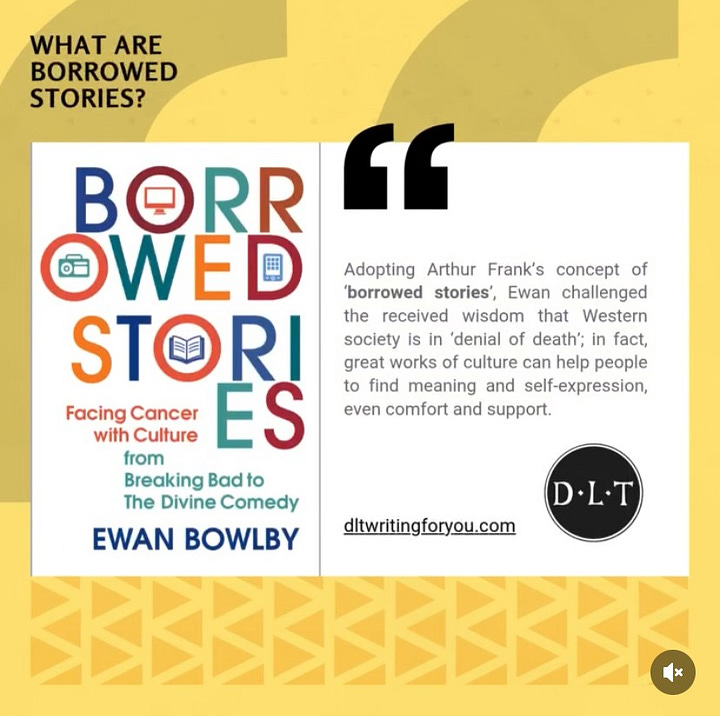
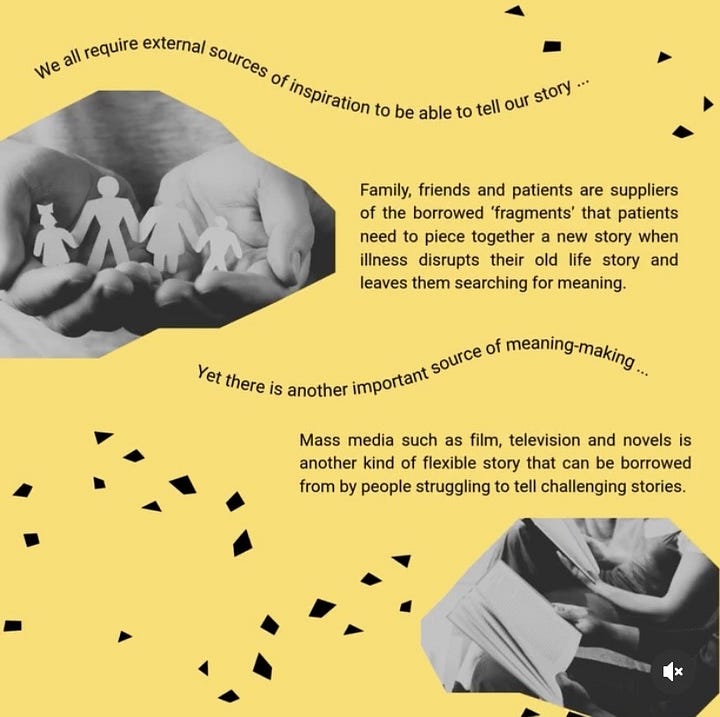
Darton, Longman and Todd: A Short History. Part Two
Douglas Brown, introduced by David Moloney
In last week’s newsletter we published the first of three parts of a history of Darton, Longman and Todd by Douglas Brown, commissioned by the company in 1980 to coincide with the company’s twenty-first birthday.
The first instalment described the early days of the Jerusalem Bible, and ended with these words: … Michael Longman, Tim Darton and John Todd started work in Michael Longman's garden on the outskirts of London, taking with them the contract for the JB from Longman's, who had serious doubts about it, as well as a number of other contracts from a religious list in which Longman's no longer had any interest.
Now the story continues:
They were, of course, three men with considerable experience in religious publishing. Michael Longman, a product of Marlborough and Trinity, was the son of Robert Longman and grandson of the fabulous George Longman, one of the most colourful figures of his time. George played cricket for Eton and was well-known for his sporting quips. At a plush livery company dinner he was next to the principal speaker who, in the excitement of his oration, lost his false teeth. George caught them with a shout to the distinguished company: 'How's that!'
Michael Longman, bringing with him his shares from the original company, provided nearly all the capital and much of the expertise. He had gone into the family firm straight from Cambridge, starting in the packing room and working his way through every department with great enthusiasm and a keen eye for detail. It is sad that Michael did not live to see the undertaking to which he gave so much achieve its majority and with such promise ahead. He is remembered by the rest of the firm as a perfectionist – particularly in typography, which is something you are reminded of every time you handle the Jerusalem Bible – and as one of the most honest of men, with untiring concern for the people who worked for him. Indeed it can be truly said that he sacrificed himself for the firm. He was only 61 when he died of a heart attack in July 1978.
Tim Darton also had publishing in his blood. His father's firm, Wells, Gardner, Darton and Co., were the publishers of E. Nesbit's The Railway Children and a host of books and magazines beloved by Victorian children. Tim was the Anglican editor at Longman's and is indeed the quintessential high church Anglican. He was a lay reader and often preached in Pinner parish church. He was interested, too, in the churches and communications, and was on the Church Information Committee of the Church of England. He has a great love for music, both liturgical and secular, and is a pianist and a singer. When he went off with his wife Hilda to live on the West Coast of Canada he was given a 65th birthday party in the Jerusalem Chamber at Westminster Abbey – the old dining hall of the Abbots of Westminster – a measure of his love for the Church of England and its for him. (All directors of DLT, incidentally, have to retire at 65.)
Tim as a publisher was distinguished by outstanding clarity of mind – a clarity at times of great brilliance – qualities outstandingly reflected in DLT 's Modern Concordance to the New Testament. He is a theologian in his own right and a stylish writer, as his two little books St. John the Baptist and the Kingdom of Heaven and The Image of the Heavenly so well testify. Like Michael Longman he was a fine editor with a flair for production and the ideas of the two men dovetailed perfectly in the JB production. All this was helped by their sense of humour, each of his own kind.
The third member of the team, John Todd, then the 'enfant terrible' and now at the helm, was Longman's Roman Catholic editor. His background is very different to the other two. He was the son of a Merseyside iron and steel manufacturer and, as he himself puts it: 'one of the five per cent of people in Liverpool who don't speak "scouse" – the five per cent of people who run the district.' So it is hardly surprising that John dedicated himself to local government in Somerset, where he lives in a manor house near Shepton Mallet and also farms. His interest in theology began to take shape at Cambridge, where he read history. After a serious illness he spent several years living in association with the Benedictine community at Downside. During the war he was a conscientious objector, working on the land with seven others as a commune. In 1944 he met his wife Patricia, soon after he made his transition from agnosticism to Roman Catholicism.
John is above all a professional writer. It was through one of his early books, Catholicism and the Ecumenical Movement, that Longman's, who published it, invited him to come and work for them. His fourth book, out in 1964 and entitled Martin Luther – a Biographical Study, sold nearly 25,000 copies and won widespread praise for offering new patterns of thought both for the scholar and for the general reader. So much so that he then did a book on the whole Reformation movement. Now he is at work on a 150,000-word character study of Luther which should be out in good time for the Martin Luther fifth centenary in 1983. With his writing skills, he was responsible for much of the advance publicity for the Jerusalem Bible and master-minded the public relations side of the launching. Now he alone has the tradition and style of the founders to preserve. The quality and quantity of recent years show how well that is being done. In all this he has had a strength in the fourth member of Longman's to join the original three, Elizabeth Russell, a former Fleet Air Arm Petty Officer Wren – a radio mechanic looking after a squadron of torpedo bombers, a flying Wren testing her own maintenance work in flight. She began as a secretary at Longman's and moved on to look after their subsidiary rights. She is now DLT’s sales director, and its healthy financial state and considerable sales overseas are not a little due to her imagination and energy. But the problem now is to restructure the company and recently the board has had the good fortune to recruit Adrian Brink, a young man in his mid-thirties but with many years of practical experience of publishing.
There's always been a touch of the gypsy about DLT
There's always been a touch of the gypsy about DLT – five moves in the twenty-one years, prompted by Michael Longman's belief in the financial advantages of the tail-end of leases. They started off in Michael Longman's home and then found themselves on two floors above a small furrier's shop in Gloucester Road, not far from the Albert Hall. For several years members of the firm were distinguished by their fur hats. With the rate of new titles rising from twenty a year to forty, staff soon had to be increased to seventeen and they were literally falling over one another. In 1963 they moved to a gracious house in Chiswick originally used as a vicarage. But this they had to sell to raise much-needed capital and they moved back to other premises in Gloucester Road. Three years ago they moved to nearby Lillie Road, where an inconspicuous doorway belies the vigour of the enterprise inside.
From the start Michael Longman and, indeed, the other two were sold on the idea of common ownership, a staff council and profit-sharing. The lawyers, somewhat amused, called them the three wise men and suggested it might be best to wait until they had profits to share, making them instead a normal limited company. But, just after Michael Longman died and in accordance with his wishes, a staff council did in fact come into being. It consists of two directors and one member of staff from each of the three departments – administration and production, sales, and publishing. The council's function does not cut across the basic principles that directors should direct, managers should manage, and all staff operate effectively and flexibly. On the other hand, the council, which meets monthly, gets the annual audited accounts, quarterly progress reports on such things as sales and profitability, new titles, debtors and the top to bottom salary ratio. It is also consulted on such things as the 21st birthday party, and has the power to intervene in any matter concerning the staff, including disciplinary action. So the move towards common ownership has already gone a long way.
In the next newsletter we will publish the final part of this serialisation, in which Douglas Brown will describe some of the highlights of DLT’s publishing list in its first twenty-one years – you’ll spot some familiar names and book titles there, and perhaps a few surprises. It feels a little like looking at a photograph or portrait of one’s great grandparents: a window back in time, to another world where interests, perspectives and attitudes were utterly different from today, and yet … Well, you’ll need to judge for yourselves, but I think there’s something familiar to be found in those founders’ eyes and the cut of their jibs.
NB. I had hoped to include a photograph of Tim Darton, Michael Longman and John Todd with this post, but realised too late that the only one we have of the three of them together is at a different location. I’ll try to track it down and update the post with it over the weekend. However, if anyone reading this has any photographs of the founders, or any other visual references or other documents relating to DLT’s past, we would be really pleased to hear from you. Records from those early years are a little patchy, and it’s fascinating for us working for the company now to reconnect with the past. Thank you.
Puzzles
Not Quite Write
Stephen Poxon
Complete the Bible passage (Jerusalem Bible):
His _____ is great. (Sang a homesick Cilla Black, reminiscing and praising God.)
Answer below.
Stephen Poxon compiled and edited A Pleasant Year with Father Brown: 365 Daily Readings in the Company of G. K. Chesterton’s Priest Detective.
Clerical Errors
Thomas a Quiznas
Can you crack the cypher and discover the (possibly illegal) key to a great sermon?
Answer below.
The fiendish puzzles of Thomas a Quiznas were discovered by Fay Rowland, author of 40 Days with Labyrinths: Spiritual reflections with labyrinths to ‘walk’, colour or decorate
Theologygrams
Rich Wyld
Discover more of Rich Wyld’s work in Theologygrams: Theology Explained in Diagrams and The World According to Theologygrams: Making Sense of Christianity through Badly-Drawn Diagrams.
Puzzle Answers
Not Quite Write: mercy (2 Samuel 24:14)
Clerical Errors: All originality and no plagiarism makes for dull preaching. Charles Spurgeon.




